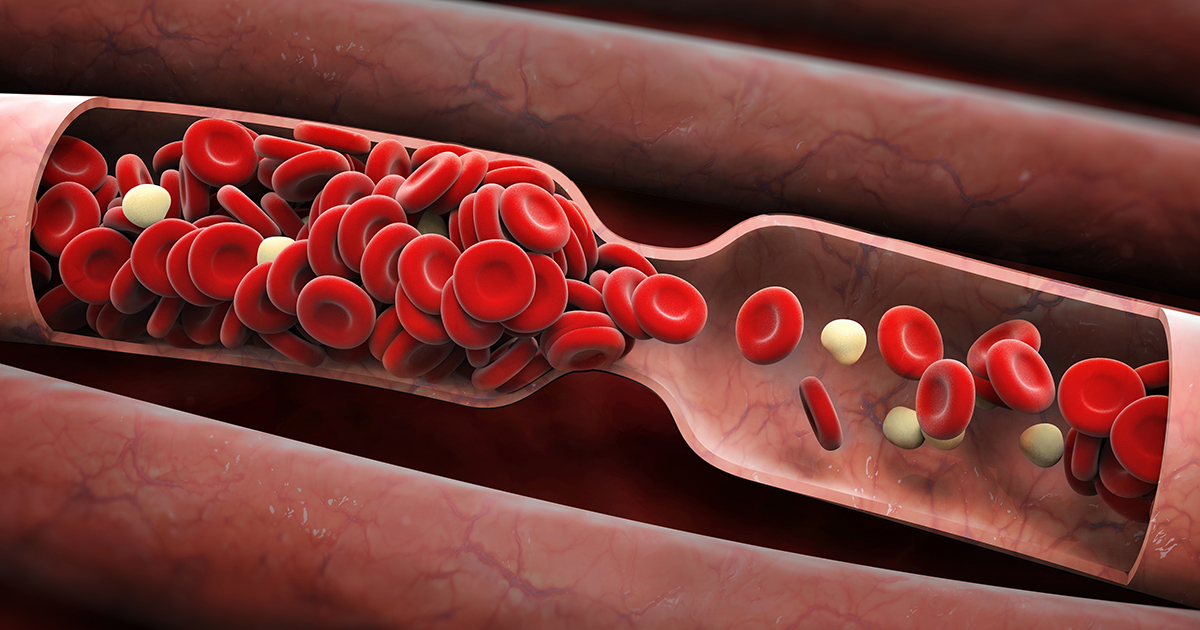Signs Of Paroxysmal Nocturnal Hemoglobinuria
Blood Clots

Red blood cells aren't the only thing affected by paroxysmal nocturnal hemoglobinuria. Platelets are responsible for stopping the bleeding process, and if platelets are abnormal, it can cause problems with how your body clots your blood, and you may end up with a blood clot.
Furthermore, low levels of nitric oxide in your system can lead to blood clots. This is because under normal circumstances nitric oxide works to prevent or limit platelet activation. As discussed, patients with paroxysmal nocturnal hemoglobinuria have low levels of nitric oxide, meaning they are more likely to experience blood clots.
Continue reading to learn about the types of pain to watch out for.
Abdominal Or Back Pain

There are two main reasons for having abdominal or back pain when diagnosed with paroxysmal nocturnal hemoglobinuria. The first is due to the low levels of nitric oxide, which is also responsible for ensuring the muscles in your small intestine are working smoothly. As the levels of hemoglobin rise and the available nitric oxide lower, these muscles become more prone to spasms and decreased functioning. This can occur in your intestine and as far up as your esophagus.
The other reason you may experience pain is due to your kidneys malfunctioning. The hemolysis in your body, the break down of red blood cells, combined with potential clots as well as the medication and treatments being used are all filtered through the kidneys. This can lead to kidney damage ranging from mild to severe enough to require dialysis. Kidney pain is frequently described as being in your lower back and possibly your abdomen.
Continue to learn more about bruising and bleeding at symptoms of paroxysmal nocturnal hemoglobinuria.
